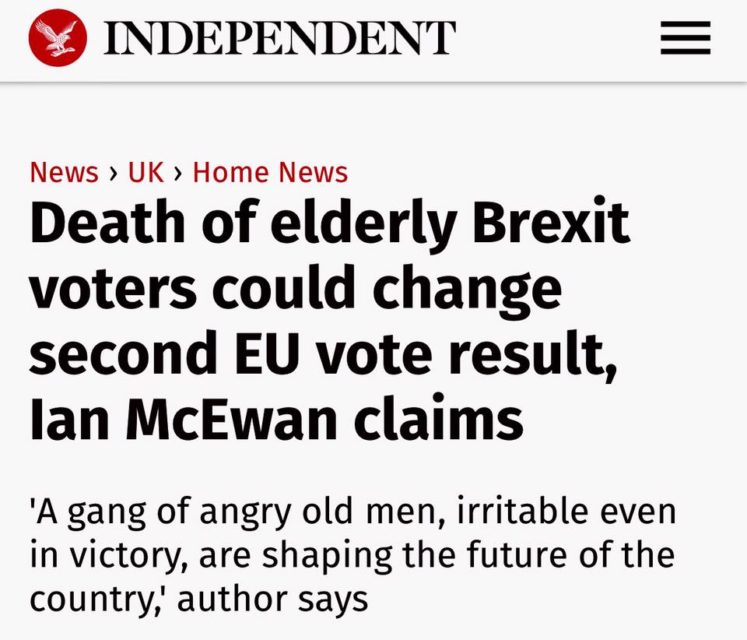Tristin Hopper rounds up some of the foreign impressions of Canada’s descent into the west’s object lesson in what not to do in almost every area:
In just the last week, there have been two separate columns in British newspapers framing Canada as a model of what not to do.
Both were inspired by the tabling of Bill 63, the Liberals’ Online Harms Bill. The Spectator said that it effectively engendered the founding of a Canadian “thought police”. The Telegraph cited it as evidence that “Canada’s descent into tyranny is almost complete”.
This didn’t used to happen. It wasn’t too long ago that Canadian politics were famously inaccessible to the wider world. For Canada’s 2008 federal election, The Spectator covered it with a blog post that mostly mused on how nobody cared. “It’s curious that Canada receives almost no foreign coverage, even in Britain where there are, after all, plenty of people with Canadian relatives or connections,” it read.
But now – on topics ranging from assisted suicide to housing affordability to internet regulation – it’s not infrequent that Canada will be cited in foreign parliaments and in foreign media as the very model of a worst-case scenario.
It was just six months ago that The Telegraph scored a viral hit with a mini-documentary framing the political situation in Canada as a “warning to the West”.
“Under Justin Trudeau, Canada has sought to position itself as the global bastion of progressive politics,” reads a synopsis for the film Canada’s Woke Nightmare, which has garnered more than five million views.
The documentary notes that Canada is now at the absolute global vanguard of progressive issues including harm reduction, assisted suicide and gender ideology.
[…]
If the Online Harms Act is suddenly garnering headlines across the rest of the Anglosphere, it’s not because Canadian politics are inherently interesting to the wider world. Rather, it’s because Bill C-63 – just like any number of Trudeau policies before it – is proposing to do things that no other Western democracy has yet proposed.
While plenty of Canada’s peer countries have hate speech controls, Bill C-63 was able to raise even European eyebrows with life sentences for “advocating genocide”, and a provision for police to mandate house arrest merely on suspicion that a Canadian was likely to commit a hate crime.
The Wall Street Journal, for one, profiled the bill as a real-life example of the 2002 film Minority Report, which depicts a dystopian future in which citizens are jailed for “pre-crime”.
Or in the critical words of The Spectator, “this legislation authorises house arrest and electronic tagging for a person considered likely to commit a future crime … if that’s not establishing a thought police, I don’t know what is”.






